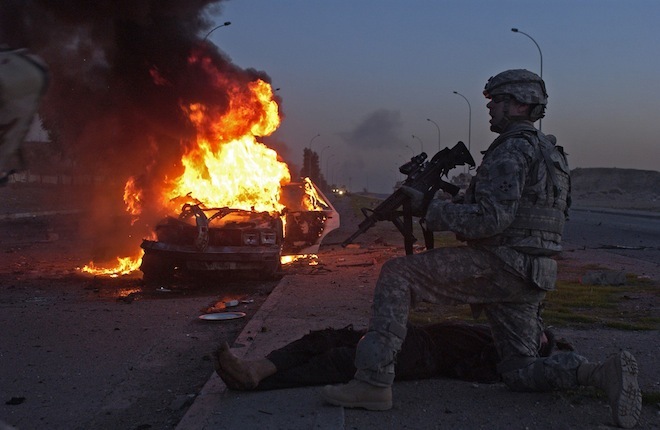Reps. Zoe Lofgren & Anna G. Eshoo Release Letter to Ambassador Susan Rice on the Potential Authorization of U.S. Military Action in Syri
Jared Sperli stashed this in politics
Stashed in:
First, if our efforts are to "degrade" the Assad regime's chemical weapons capacity, what exactly does that mean? If the Assad regime is able to continue to deploy chemical weapons, then to what extent will the regime have capacity to use them again? We understand, and concur with the assertion, that specific targets of a military assault should not be shared. Our question has to do with what Syria and the Assad regime's capacity would be expected to look like after your proposed military attack.
Second, what would the United States do if, after a military attack, chemical weapons are used again in Syria? What would the United States do if retaliation against Israel, Turkey, or Lebanon follows the proposed attack?
Third, we understand from Secretary Kerry that Saudi Arabia, Turkey and the Arab League support taking military action. What nations, other than France, are willing to contribute concrete effort (men, material, and arms) to this proposed military attack as opposed to mere verbal support? Will Turkey and Saudi Arabia be actual participants in a military attack? If not, why not?
Assuming we attack alone or with France, where does this leave the United States if Syrian civilians die and world public opinion, especially in the Arab world, turns against the attack? If, as Secretary Kerry notes, the world is outraged at Assad's conduct, why does it fall only to the United States to take actual military action?
Fourth, it was noted that Russia also opposes the use of chemical weapons. What has not been adequately addressed is what response we expect from Russia if a military attack is undertaken. What are the immediate, short term and long term implications for US-Russian relations?
Finally, as DNI Clapper pointed out, while we have scenarios, this would be war and events are not entirely controllable. We understand that it might be unwise to publicly report the various scenarios that detail potential adverse consequences from a military attack although we assume that this analysis has taken place. However, we feel we must learn of the potential adverse impacts of a military attack before a vote on authorization. We will be available for classified briefings on this issue when Congress reconvenes in just a few days to receive these analyses.
Sincerely,
Rep. Anna G. Eshoo (CA-18)
Rep. Zoe Lofgren (CA-19)
So basically, Obama gets to advocate the right thing and force Congress to be the bad guys in not letting him do the right thing.
I think this is his plan for the next three years. Keep making them look worse in saying no to things.
It is the right move for Obama. He cannot lead most of Congress, so let them do the work, if any is to be done...
Congress is very strange right now. Not only can it not be led, but it has no real leaders.
All decision making seems to be decentralized and as a result very little is getting done.
Even previously untouchable projects such as military budgets, bridges, and roads, are getting cut.
And there's no end in sight.











4:59 PM Sep 03 2013